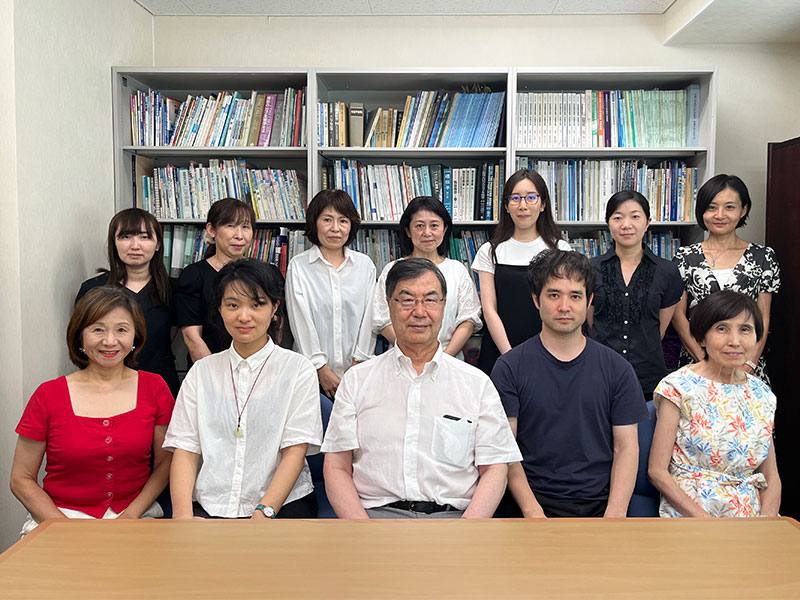One of the key mechanisms of immunological self-tolerance (i.e., unresponsiveness to self-constituents) is T cell-mediated dominant control of self-reactive lymphocytes. We have shown that CD25+CD4+ regulatory T (Treg) cells, which are naturally produced in the immune system, are actively engaged in suppressive control of a variety of physiological and pathological immune responses including autoimmune responses. Dysfunction or deficiency of CD25+CD4+ natural Treg cells is indeed a cause of autoimmune disease, allergy, and inflammatory bowel disease in humans. On the other hand, reduction of Treg cells or attenuation of their suppressive activity is able to enhance immune responses such as those against tumor antigens or microbes, while increase in number or potentiation of their suppressive activity can establish immunological tolerance to organ grafts. A key feature of natural Treg cells is that they express the transcription factor Foxp3 as a master control gene for their development and function. One of the research projects of this laboratory is to determine the molecular and cellular basis of Treg development and function, in particular, how Foxp3 controls other genes and confer suppressive activity to Treg cells, how they are produced in the normal immune system, and how they can be exploited to control immune responses in clinical settings such as autoimmune disease.




